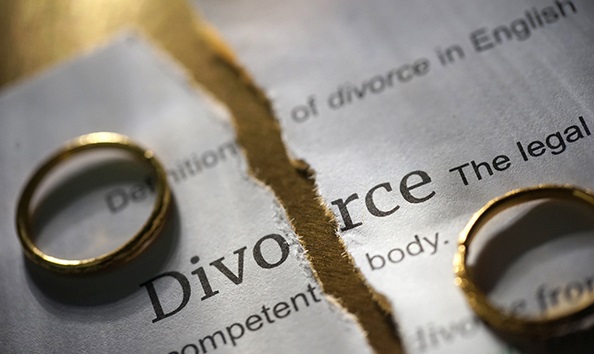
Is the grant of divorce automatic?
Dear Mirror Lawyer, is the grant of divorce automatic as is the case in the Dominican Republic and some other jurisdictions?
Advertisement
Ike Acheampong, Nkawkaw.
Dear Ike, In this jurisdiction, the sole ground for granting a divorce order for the dissolution of marriage is that the marriage has broken down beyond reconciliation.
In satisfying a judge that a marriage has broken down beyond reconciliation, a petitioner for divorce must be able to prove one of six facts stated in Section 2 of the Matrimonial Causes Act of 1971. These are:
1. That the respondent has committed adultery and that because of the adultery, the petitioner finds it intolerable to live with the respondent;
2. That the respondent has behaved in a way that the petitioner cannot reasonably be expected to live with the respondent;
3. That the respondent has deserted the petitioner for a continuous period of at least two years immediately preceding the presentation of the petition;
4. That the parties to the marriage have not lived as husband and wife for a continuous period of at least two years immediately preceding the presentation of the petition and the respondent consents to the grant of a decree of divorce, provided that the consent shall not be unreasonably withheld, and where the Court is satisfied that it has been so withheld, the Court may grant a petition for divorce under this paragraph despite the refusal;
5. That the parties to the marriage have not lived as husband and wife for a continuous period of at least five years immediately preceding the presentation of the petition or
6. The parties to the marriage have, after diligent effort, been unable to reconcile their differences.
The law says if, at any stage of the proceedings for divorce, it appears to the court that there is a reasonable possibility of reconciliation, the court may adjourn the proceedings for a reasonable time to enable attempts to be made to effect a reconciliation and may direct that the parties to the marriage, together with representatives of their families or any conciliator appointed by the court and mutually agreeable to the parties, attempt to effect a reconciliation.




